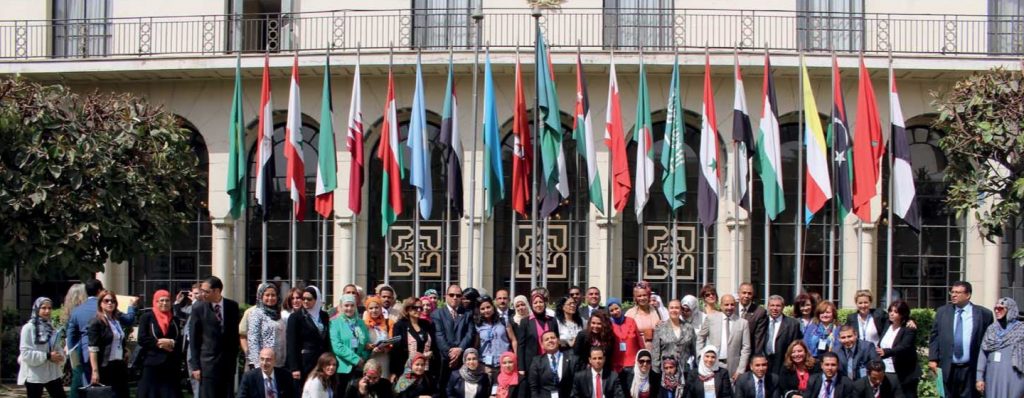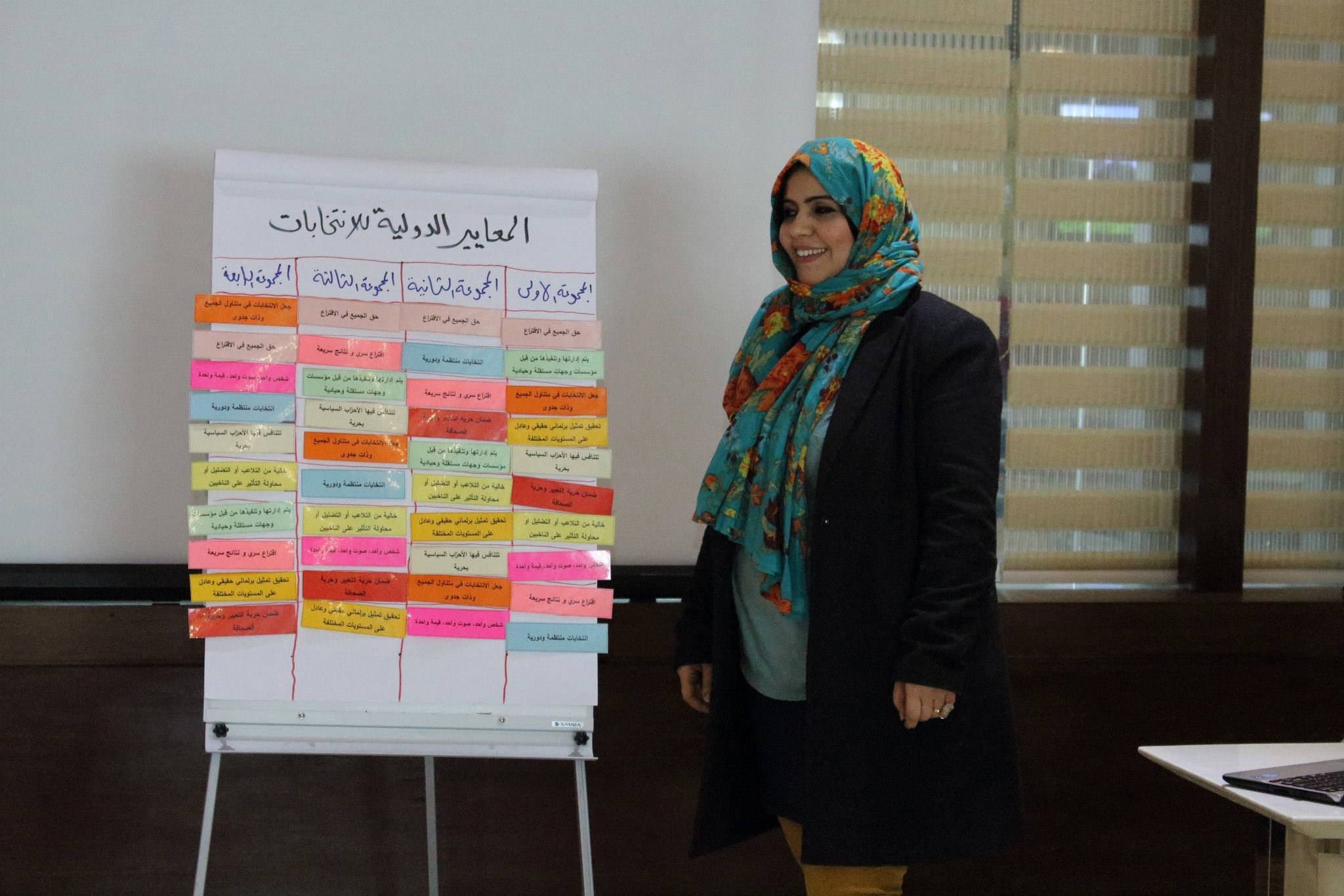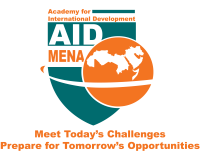About Us

AID-MENA has several branch offices registered in Lebanon, Yemen, Turkey, Egypt, Jordan, and Bosnia and implemented several programs in Libya, Tunisia, Iraq, Syria, West Bank and Gaza. Moreover, a broad network of partners from the Middle East and North Africa, Tanzania, Europe, and the UK.
Our services
AID-MENA has several running offices nationally and internationally based, which are utilised to provide various services. AIDMENA is dedicated to fostering positive change on a global scale. Our comprehensive services encompass tailored guidance and support for national and international organizations, leveraging evidence-based research and thorough analysis.
We empower public officials, NGOs, and INGOs with capacity-building solutions and specialized training in diverse development and humanitarian fields. In regions affected by conflicts, we equip frontline responders with essential technical knowledge and practical skills to carry out their critical roles. Our commitment extends to nurturing the potential of youth and lifesavers, ensuring they are well-prepared to deliver humanitarian and reconstruction services that meet international standards.
AIDMENA actively collaborates with women groups, women NGOs, and activists, advocating for increased engagement in political and social spheres, while actively participating in policy formulation.
Embracing innovation, we develop field tests and create program-oriented training curriculums, materials, job resources, and tools to empower communities and promote lasting impact.
01
● Providing advice for national and international organisations based on evidence-based research and mapping and analysing the current situation.
02
● Providing capacity-building solutions and training courses for public officials, NGOs and INGOs in various development and humanitarian fields.
03
● Providing technical and practical knowledge and skills to the front liners in the countries where there are conflicts.
04
● Equipping Youth and lifesavers with the needed skills to provide humanitarian and reconstruction services by international standards.
05
● Working closely with women groups, women NGOs and activists for more engagement in political and social life, in addition to participate in policy formulation.
06
● Developing field tests and producing programme-oriented training curriculums, materials, job resources, and tools.
Our Stakeholders
- More than 30 successful projects
- Our projects have made a tangible difference in the lives of people across more than 15 countries
- We have established strong partnerships with local communities, government bodies, and non-profit organizations
- AIDMENA is grateful to have partnered with more than 20 Ongoing and Past Funding Agencies

Top Projects
Our Team
Our organisation boasts a talented and diverse multidisciplinary team comprising professional staff and consultants. With backgrounds in development, economics, social sciences, politics, governance, gender mainstreaming, youth engagement, humanitarian aid, peacebuilding and climate change, our team brings a wealth of expertise and experience to our work.
We take pride in our extensive network, spanning the Middle East and North Africa (MENA), Europe, and Africa. Our network comprises more than 100 non-governmental organisations, academic institutions, civil societies, faith-based organisations, and privately owned businesses. This broad and robust network enables us to forge impactful partnerships and collaborate on projects that drive positive change and sustainable development in the communities we serve
Publications


